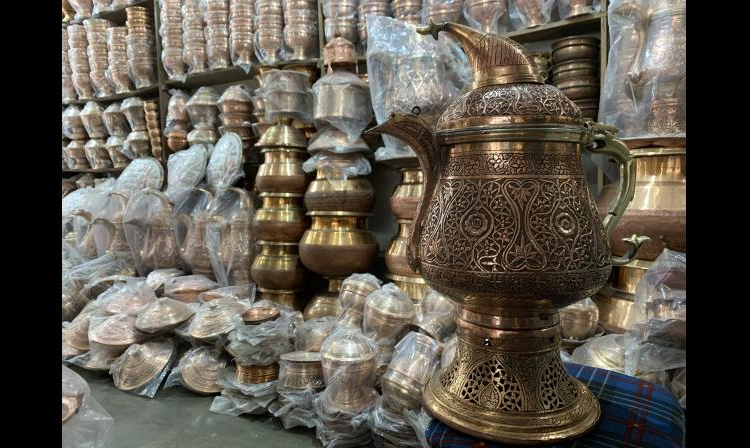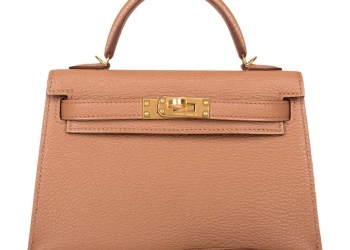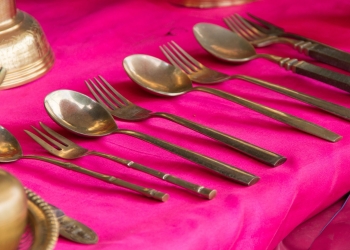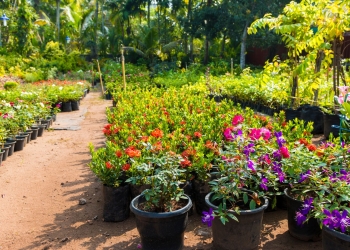The coronavirus epidemic has wreaked havoc on health systems and living circumstances worldwide and may have pushed several countries into recession. But it was also a benefit for the thousands of individuals involved in Kashmir’s traditional copperware and commerce. “COVID-19 has increased commerce by 20 to 30 percent,” claimed Archib Javed, a merchant in copper goods. Farouk Ahmed, who manages a copperware business in Srinagar’s summer capital, said, “If the coronavirus gives us suffering, it is also some stimulus to improve our commerce.” “It’s been proven.”
Kashmir copperware is an ancient piece of art that is utilized as a domestic item as well as a decorative item. The valley’s copperware casting method has thrived for years, as it is widely thought that using copper equipment for cooking and eating enhances immunity and reduces the risk of cancer. The coronavirus outbreak encouraged trade. According to historians, the exquisite jewels of Kashmir were introduced around 700 years ago by artists and dealers in Iran and Iraq. Mia Sayyid Alihamdani, a Persian Islamic scholar, has sought to popularise copperware among indigenous peoples. According to Jalal Ud Din Shah, a geologist and oral historian, “the earliest usage of this metal in the manufacturing of household objects and ornaments occurred in the Islamic era in the early 14th century.”
Also, know the 10 Best PG Courses in India in 2021
According to Shah, the origins of Valley’s copper art may be traced back to Iraq, as evidenced by the fact that many families affiliated with their city continue to use the surname “Baghdad” (a resident of Baghdad). “Demand has risen over time, and as a result, many people have been engaged with it as artisans and traders,” said Sajad Musafer, who manages a copper mill in Srinagar’s Zakura industrial region. My things are available locally.”
Copper utensils with elegant designs are used not only for home cooking and cooking but also for weddings and other special occasions. At weddings and other occasions, traditional Wazwan food is now carved or embossed with flower and calligraphy themes, as physicians stress on keeping social distance to avoid COVID-19. It comes on a copper plate, one at a time. Kankari”Work” in the local language—instead of a tram, it was a huge dish on which four people were seated to enjoy choral cooking, a customary requirement for “practicing brotherhood.”
























